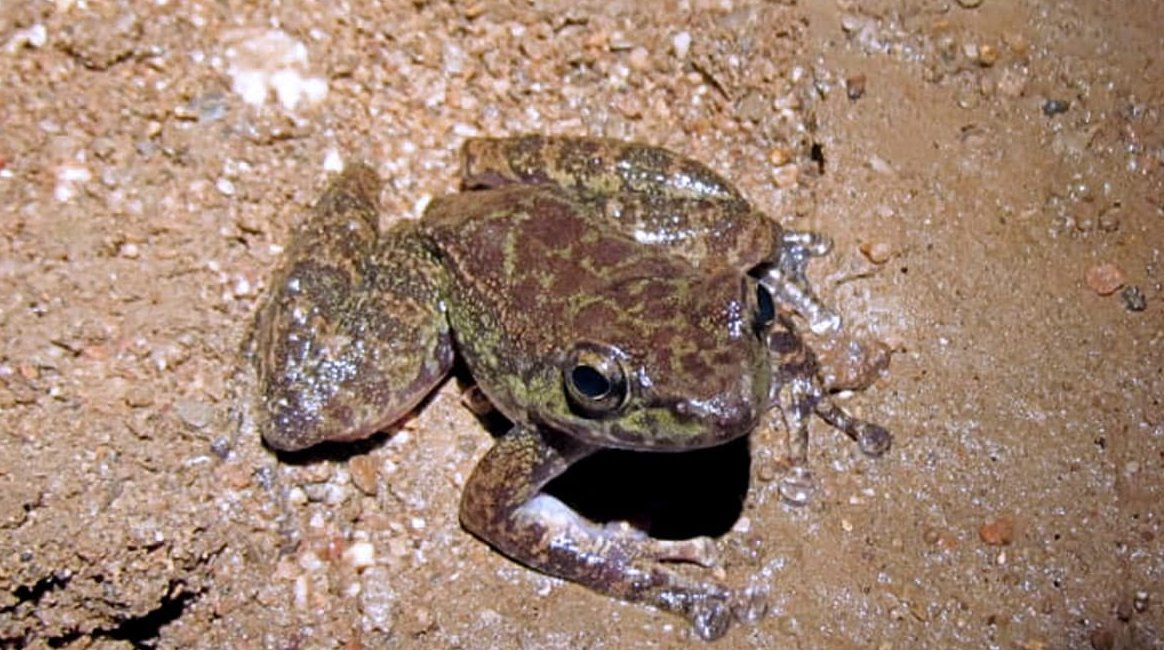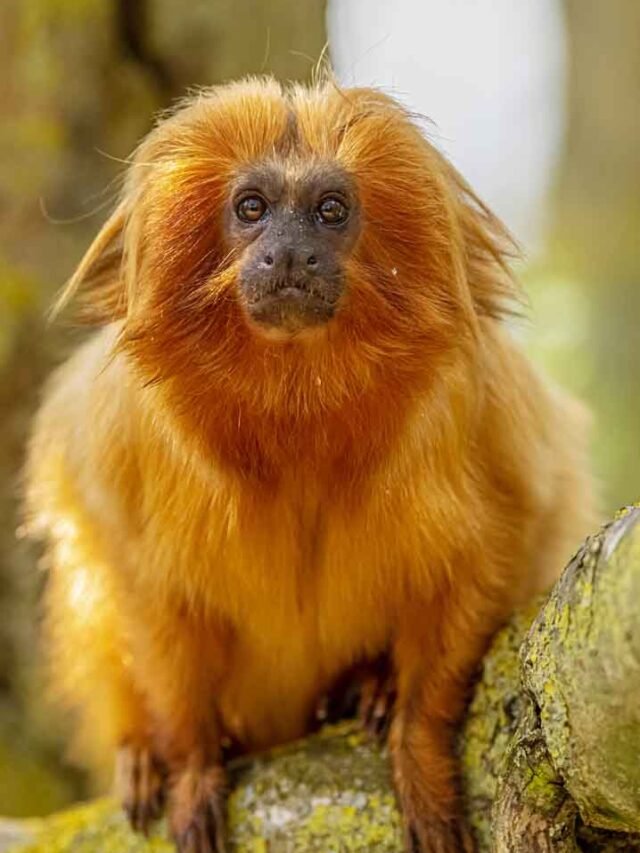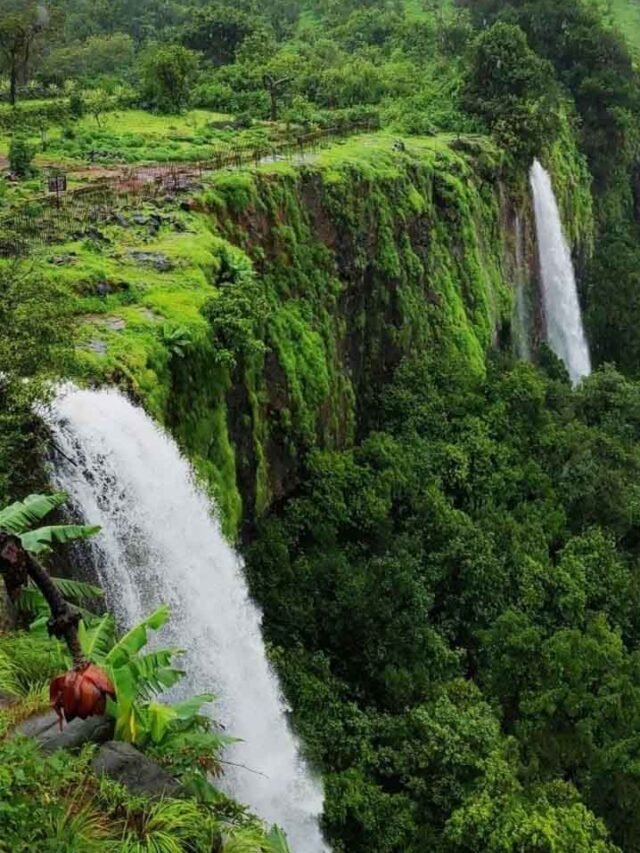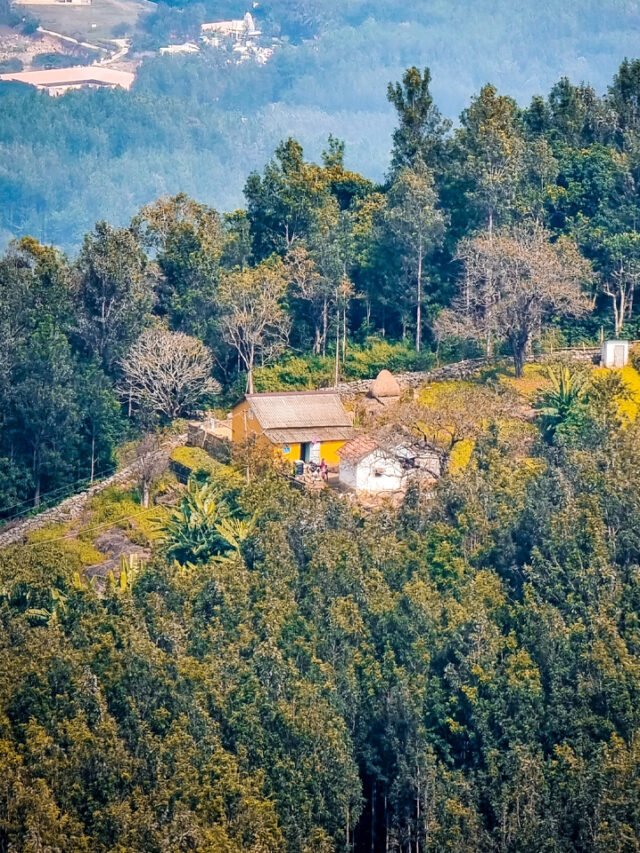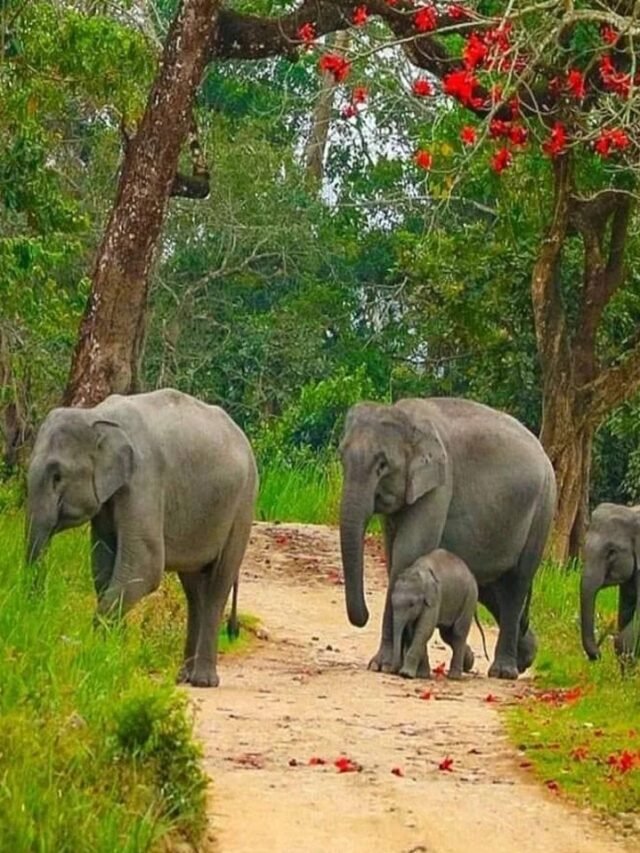NEW DELHI, June 4: A distinct, stunning blue-coloured ant species was discovered in Siang Valley, a “biodiversity hotspot” of Arunachal Pradesh, in a new research from India.
Accompanying the ‘Abhor’ expedition in 1911-12, a punitive military one against the indigenous people of Siang Valley, was a team of researchers to document its natural history and geography.
After exploring and mapping large parts of the valley, the team catalogued every plant, frog, lizard, fish, bird and mammal and insects they found. Their discoveries were published in several volumes from 1912 to 1922 in the Records of the Indian Museum.
Now, a century later, researchers from Ashoka Trust for Research in Ecology and the Environment (ATREE) and a documentation team from Felis Creations Bangalore embarked on a series of journeys to the valley, a “Himalayan biodiversity hotspot”, under the banner ‘Siang Expedition’. They wanted to resurvey and document the region’s biodiversity.
While exploring a tree hole about 10 feet up in a steep cattle track in the remote Yinku village one evening, something sparkled in the twilight. With the dim light available, two insects were sucked into an aspirator. To our surprise, we later found they were ants, the researchers explained. The findings are published in the journal ZooKeys.
Named Paraparatrechina neela, the species is “nothing like the common red, black, or brown ants,” according to ATREE researchers. ‘Neela’ means blue in many Indian languages, which they said was a “fitting tribute” to the ant’s unique colouration.
Paraparatrechina neela, the researchers described, is a small ant and less than two millimetres long, with a predominantly metallic blue body, except for the antennae, mandibles, and legs. The metallic blue is distinct from any other species in its rare genus, Paraparatrechina, they said.
While blue colouration is commonly observed in some insects like butterflies, beetles, bees, and wasps, the authors said it is relatively rare in ants, with only a few out of the known 16,724 ant species and subspecies displaying the colour.
The ant’s head is subtriangular with large eyes and has a triangular mouthpart (mandible) featuring five teeth, they said.
Representing the unique biodiversity of the Eastern Himalayas, the researchers said that the discovery of the ‘Paraparatrechina Neela’ contributed to the richness of ant diversity.
They added that the blue colour of the species raised “intriguing questions” – Does it help in communication, camouflage, or other ecological interactions?
“Nestled within a Himalayan biodiversity hotspot, Arunachal Pradesh’s Siang Valley presents a world of unparalleled diversity, much of it yet to be explored. However, this very richness, both cultural and ecological, faces unprecedented threats,” said corresponding author Priyadarsanan Dharma Rajan.
“Large-scale infrastructure projects like dams, highways, and military installations, along with climate change, are rapidly altering the valley. The impact extends beyond the valley itself, as these mountains play a critical role not only in sustaining their diverse ecosystems but also in ensuring the well-being of millions of people living downstream,” said Rajan. (PTI)



